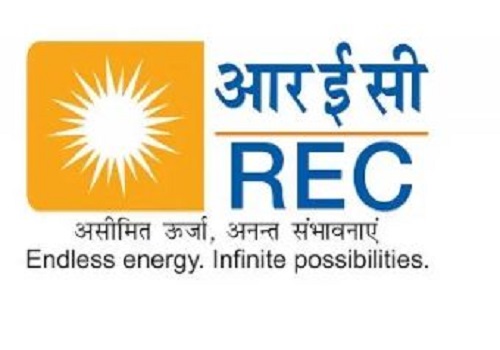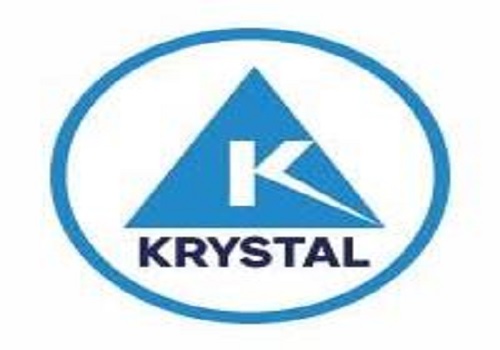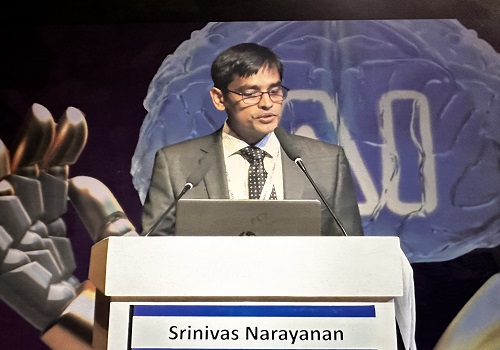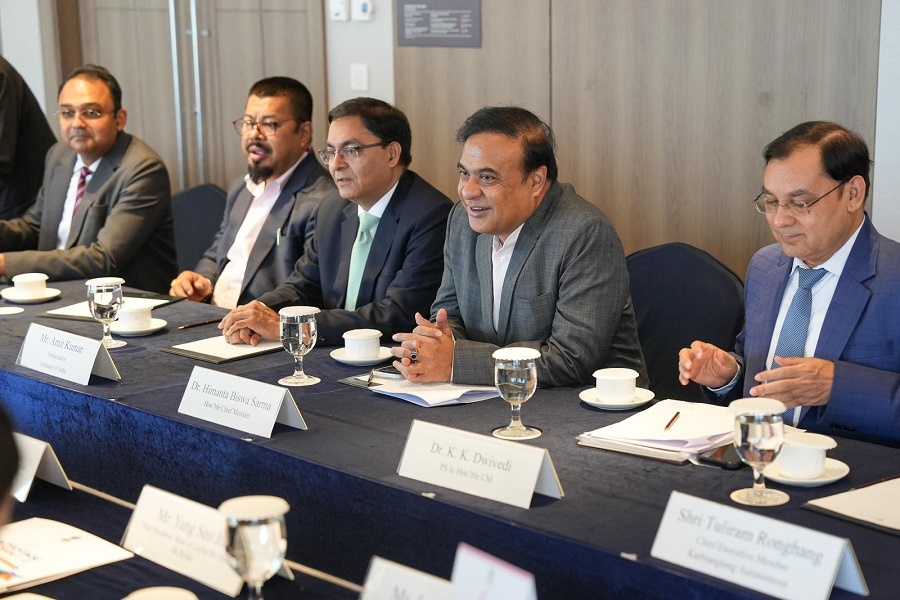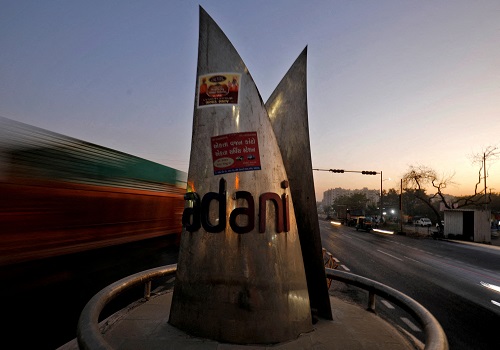Our priority is to first stabilise Go First, says Sky One chairman
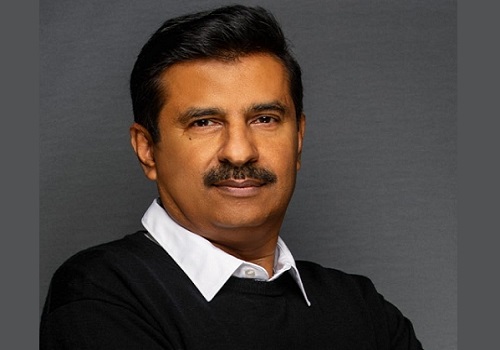
Sky One, an aviation company headquartered in Sharjah, which has submitted the bid to buy Go First, exuded confidence that it will be able to stabilise cash strapped airline.
Besides Sky One, SpiceJet CMD Ajay Singh and Busy Bee Airways Private Limited have put in a joint bid for Go First, leading to a question whether the airline company will be revived.
During an interview with IANS, Sky One Chairman Jaideep Mirchandani delved further deep on how they plan to revive the cash strapped Go First airlines.
Jaideep Mirchandani expressed confidence in the airline's stable growth trajectory and emphasises Sky One's commitment to optimising operations for maximum efficiency. He further said that there is immense growth potential in India and with the increase in domestic travellers there will be scope for passenger airlines as well as support sectors.
The increase in domestic airline travellers that Mirchandani talks about is attributable also to the policy of the Modi government. In this context, Prime Minister Narendra Modi’s remarks assume significance in which he had said that his government would ensure that common people wearing hawai chappals (slippers) would also travel in planes.
Here are the key insights from the excerpts:
IANS: Could you elaborate on the long-term vision that Sky One has for Go First, beyond the initial revival phase?
Jaideep Mirchandani: We are absolutely certain that the airline has a stable growth path ahead. The current situation was caused due to the challenges faced by Go First in 2023 regarding the availability of Pratt & Whitney engines. The airline, on its own, comes with a pool of prime airport slots, international routes and hefty real estate, and Sky One is more excited about the prospect of optimising the operations of the airline to its maximum efficiency.
IANS: How does Sky One intend to leverage its own resources and expertise to support Go First's growth and development?
Jaideep Mirchandani: We have been trading and leasing aircrafts since 2008. We understand aviation and over the years, our experts have learned to predict the industry trends. Our MRO and engineering background does support our confidence in resolving the current issues - at the same time, we are certain to deploy not just our internal but best practices across the globe and consult with experts for a sustainable resolution.
IANS: In terms of fleet expansion or optimisation, what are the key considerations for Go First under Sky One's ownership?
Jaideep Mirchandani: Needless to say, stabilising is the first priority - which is based on optimisation of routes, aircrafts and resources. We will consider next steps only when the company is stable.
IANS: Are there any plans to reposition Go First in the market or differentiate its offerings to attract more customers?
Jaideep Mirchandani: So far we have only submitted a bid, we are far from commenting on the operational aspect of running it (especially to the media).
IANS: How does Sky One plan to address any potential regulatory or operational challenges that may arise during the integration process?
Jaideep Mirchandani: We are following the process set in place by the RP. If any challenges arise, we are certain that the authorities will show us the way to abide by them.
IANS: As your headquarters are in Sharjah, what strategies do you have in place to expand your business in India?
Jaideep Mirchandani: We are based out of Sharjah, as the UAE is at the centre of global aviation. However, our interest in expansion makes India an obvious direction. There is immense growth potential in India and we can foresee that with the increase in domestic travellers there will be scope for passenger airlines as well as support sectors like MRO, pilot training, and ground operations. Our strategy has always been to provide 360 degree aviation solutions and invest in the sector where growth is predicted - there has never been a better time or place than India for both.
IANS: Could you delve into the array of services offered by Sky One, spanning cargo transport, charter services, and passenger airlines? Furthermore, what notable challenges and prospects does the company face within this bustling industry landscape?
Jaideep Mirchandani: Sky One offers a wide range of aviation services, including airline advisory, capacity optimisation, cargo charters, asset training, and maintenance, repair and overhaul (MRO). We have extensive experience in incubating startup airlines and last year we successfully turned around two passenger and two cargo airlines as well.
The aviation sector, as a whole, is facing the challenge of ensuring quality and balancing customer expectations with business efficiency. We believe it is crucial to ensure a sustainable model of financial success that also delivers a positive customer experience. The opportunities so far outweigh the challenges, in our opinion, especially because Indian passenger airlines are witnessing a boom in terms of both competition and opportunity.
IANS: In its global operations, how does Sky One tailor its services to suit the distinct needs of clients across various geographical territories, in the middle of the fluidity of market dynamics?
Jaideep Mirchandani: Our approach is not ‘one size fits all’. We craft our services according to the demands of our different clients in different regions. This is why our clients keep coming back to us. We have local teams who work to ensure that we comply with regional regulations and that our services are something that resonate with the local clientele.
